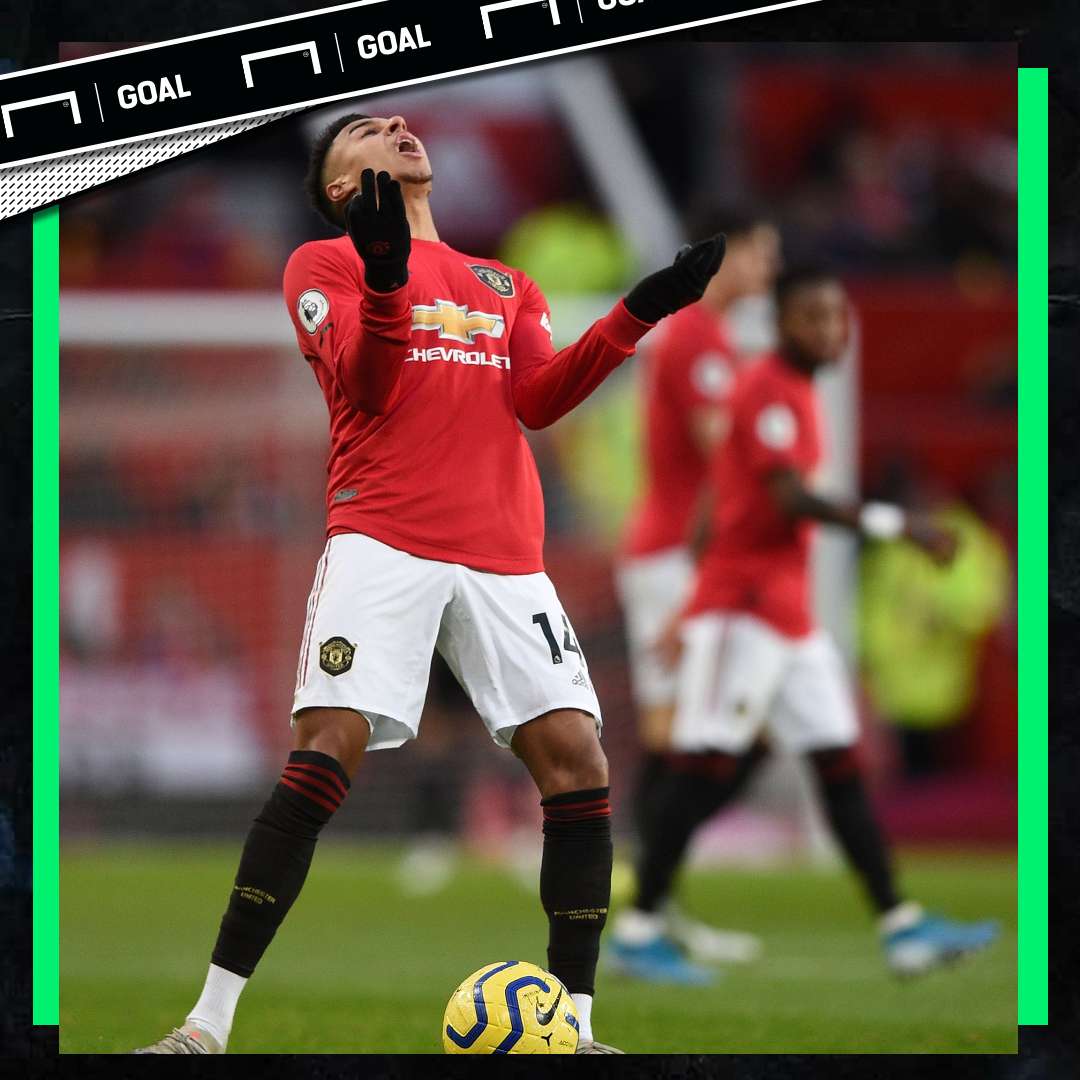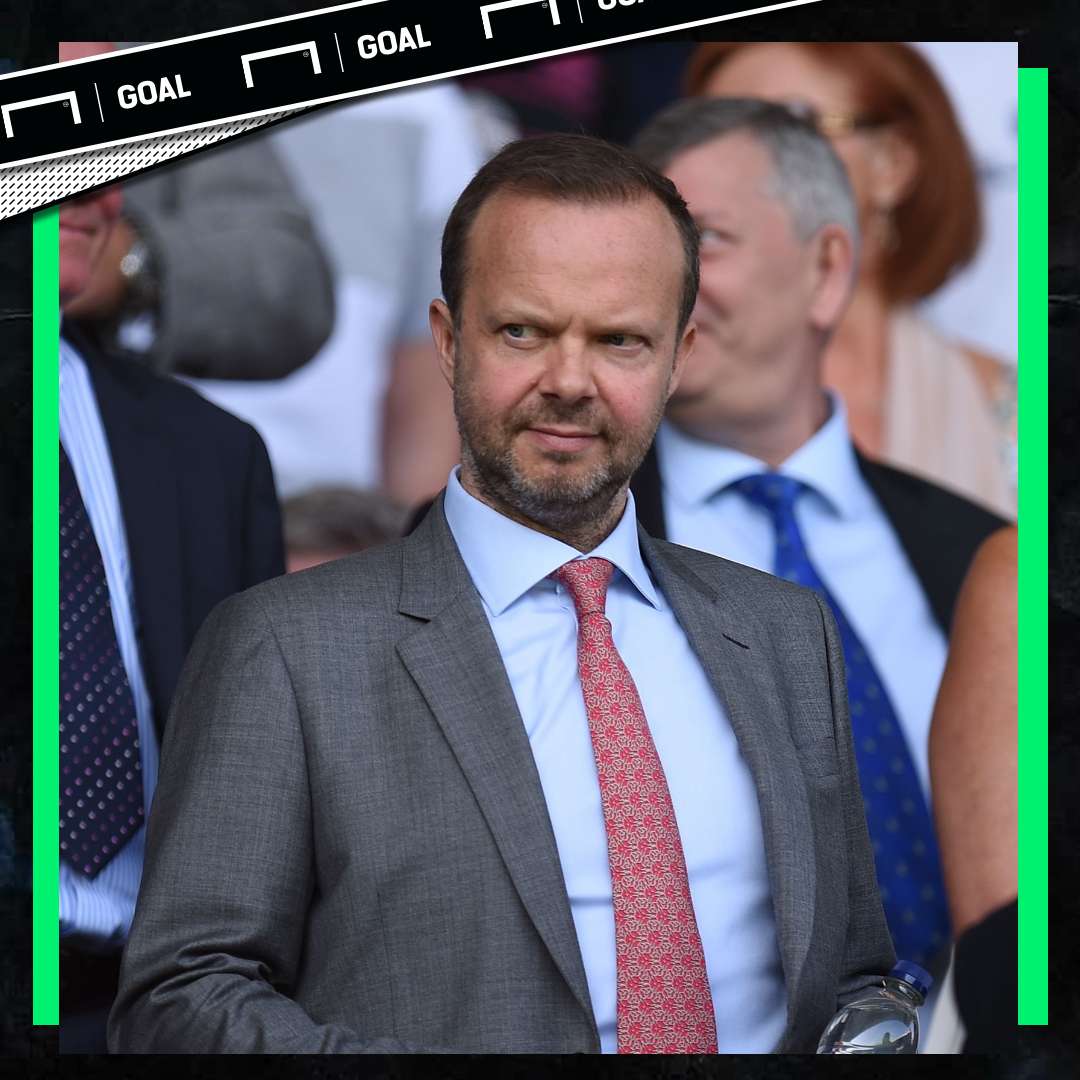Manchester United are so far adrift of Manchester City's level of quality that there is no clear way for them to recover.
The Red Devils went into Tuesday's Carabao Cup semi-final at Old Trafford having got the better of Pep Guardiola’s team in the Premier League just a few short weeks ago.
At the Etihad, United had delivered a clinical display of counterattacking which was more than enough to defeat a City side low on confidence, aware they had almost certainly lost their Premier League title to Liverpool.
Since then, though, City had rediscovered their spark, winning seven of their next eight games in all competitions. Their one defeat, at Wolves, came after the early dismissal of Ederson.
It was clear as they prepared for their short trip to Old Trafford that Guardiola's formation change and subtle tactical tweaks had reinvigorated the champions.
Guardiola insisted his side were not about to pass up the opportunity to reach a third consecutive Carabao Cup final and they delivered a brutal performance against their city rivals.
Manchester United’s defence has improved markedly this season thanks to summer signings Harry Maguire and Aaron Wan-Bissaka and they now boast one of the better backlines in the top half of the table.
However, with Maguire ruled out of the derby with a knock sustained in the FA Cup draw with Wolves at the weekend, Phil Jones’ performance showed just how vulnerable United’s squad is to injury.
Jones was a calamity against City, as he has been for much of his decade at Old Trafford. It is unforgivable that Ole Gunnar Solskjaer has to treat him as an option for the first team.
Injuries mean that Axel Tuanzebe and Eric Bailly remain out of the reckoning and these incessant injury issues have been endemic at United for years now. They show no sign of being fixed either, after Ed Woodward failed to recruit Tim Williamson from Celtic.
United aren't only short at the back, though. Jesse Lingard put in perhaps his worst performance for the club.
 Getty/Goal
Getty/Goal
Given he has endured a year with neither an assist nor a goal, and has only made his name with the occasional streak of brilliance against a backdrop of mediocrity, there is no excuse for his continued presence in the squad.
Woodward has spent hundreds of millions of pounds since he took over from David Gill, and will perhaps have to spend just as much money in the future to fix his own mistakes in the market.
When Lingard was hooked at half time, he was not replaced with a youngster who could eventually take his position, but by Nemanja Matic. The 31-year-old Serbian has himself struggled for form for the past 18 months. Presently, Solskjaer is forced to swap one underperformer for another.
Another midfielder, Andreas Pereira, was unlucky to see the ball ping off his shins and into his own goal after David de Gea had parried Kevin De Bruyne's shot but he too is suffering in public.
It is not his fault that Solskjaer keeps picking the Brazilian and, in the circumstances, it is not really the manager’s fault that he feels he has no other option to do so.
The fact of the matter is, though, that even at 24, Pereira can't cope with the most demanding fixtures in the league. Unless he has better players around him, he even struggles against mid-table opponents.
Without an eye for goal or a pass, and with neither strength nor pace in his armoury, Pereira's most noteworthy contribution in 26 appearances this season is a comedy hack on Raheem Sterling in December. Obviously, such aggression does not justify his continued inclusion in the first team.
Of course, midfield has been a chronic problem for United for close to a decade. Woodward is the man who carries most of the blame for this.
The signing of Paul Pogba appeared to be a huge coup; instead, it has had a destabilising effect that has thrown successive managers and the club off course for the past three seasons.
It seems that short-term commercial interests trump both problems on the pitch and the long-term health of the brand that is crucial to attracting the best players.
 Getty/Goal
Getty/Goal
Every position on the pitch is vital, but United are hollowed out from the start of most games. Fred, Matic, Scott McTominay, Pogba and Pereira would, in their current form, fail to get a game for any of their top-four competitors.
For all the faults of the squad to mitigate, Solskjaer is far from blameless. He admitted that the first half was the worst 45 minutes he has overseen at the club.
This, after two transfer windows and more than a year on the training ground. No player has dramatically improved under his guidance, but plenty have stagnated.
The mentality that sees United play to their potential in one game and then throw away their progress the next, remains. With every misstep, it is reinforced.
It has been obvious for some time that United have one plan when it comes to the big games, to counterattack and make the most of the pace of the forward line. It has been effective, but its one-note nature has been asking for trouble.
Guardiola is the world’s most astute tactician and he was not foolish enough to be beaten the same way twice. He sprung a surprise with two false nines and no traditional central striker, which was sufficient to bamboozle the United backline.
Solskjaer offered no solution to the conundrum. Worse than that, there was no sign that the Norwegian had the nous to try anything new himself.
This might be the most damning factor. None of these problems – the sluggish mentality, the injuries, the patchy squad quality and the rudimentary tactics – are new. The players and managers have changed but the weaknesses have not.
Woodward has overseen it all, and shows no insight over how to change it. He’s pinned his hopes to Solskjaer and is in the process of failing in another transfer window.
The new decade threatens to continue just as the last one ended: in a seemingly endless cycle of mediocrity.




